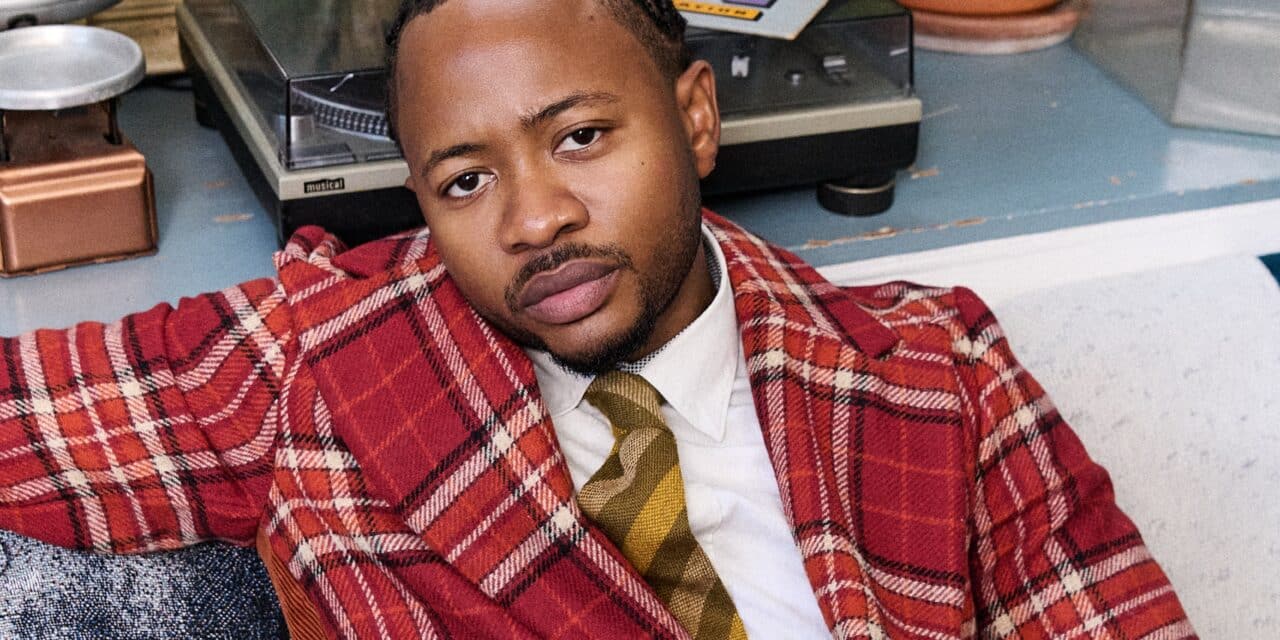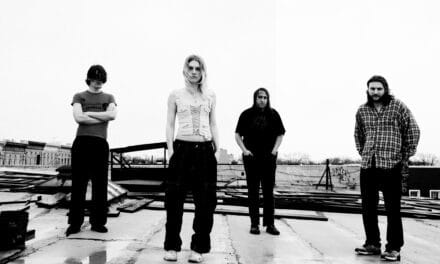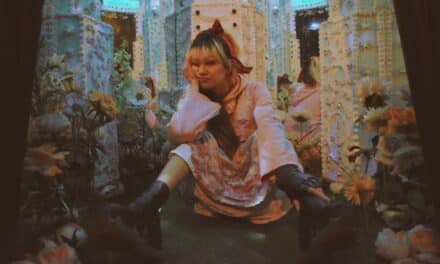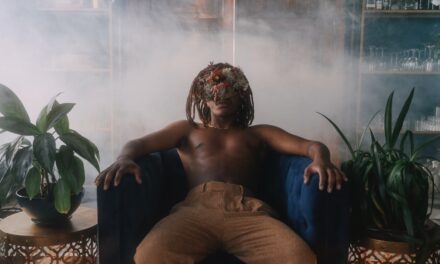London’s own afrofusion romantic, PapaRaZzle, returns with a thesis on connection and a love letter to endurance. Out September 26 via Vydia, Do You Believe In Soulmates? (Vol. 1) is less a playlist and more a plotline — a deliberately cinematic, self-written, self-recorded arc that asks a timeless question and dares to sit in the answer. Think ’90s R&B warmth, afrosoul glow, and the current of afrobeats threaded through private voice notes that grew up into songs at 3 a.m. in a home studio.
This is PapaRaZzle at his most intimate: narrator, witness, and co-conspirator. The storytelling favors patience over flex, texture over trend. It’s music for the moments when the city falls quiet and your phone is face down, when the only thing louder than the bass is your heart remembering.
The Shape of a Soulmate (Track by Track)
“Feelings Everytime” opens like a sun-leaked postcard — tropical guitars, a slow-jam hush — before sliding into “You And Me,” where a bassline does the heavy lifting for devotion. “The Wait” pivots the mood, a tender afrofusion ballad about distance, schedules, and the gravity that holds two bodies in separate orbits. On “Until The End,” PapaRaZzle pledges steadiness without the Hallmark gloss — it’s vows over velvet percussion.
The record’s soul deepens through “Oxygen” and “Healer,” meditations on companionship as restoration rather than rescue. “Baby Blue Jeans” brings playful intimacy (flirtation as choreography), while “Pick You Up From Work” reads like a handwritten note you fold into your pocket — small gestures escalated into gospel. “Dreams Come True” crystallizes the belief system, holding space for the improbable. Closer “Guns And Roses” zooms out to honor the other soulmates — friends, family, the ones who show up when the room empties. It’s pain and pleasure, thorns and bloom.
The Craft
PapaRaZzle keeps the circle tight. Long-time collaborators and producers J4F4R, Jaemally Beatz (Wendy Shay, RINA), HBeat Pro, Nahz Rashid (Kojo Funds, Rotimi), and Kryptian Icon shade the palette without diluting its intimacy. Together they weave lush afrofusion sensibilities, tropical rhythms, atmospheric R&B textures, and the kind of percussion that moves hips first and confessions second. The mix feels global, the delivery whisper-close.
The Why
“The album is inspired by the belief that connections can run deeper than circumstance,” PapaRaZzle shares. The question — what does it mean to truly find your other half? — threads every song, expanding soulmatehood beyond romance to include the anchors, the pushers, the perfectly timed arrivals. Musically, he pulls from old romantic standards and afrosoul, set against modern afrofusion/afrobeats to build something both cinematic and intimate: a soundtrack for late-night drives, deep talks, and quiet rooms where you finally tell the truth.
The Moment
Half a million monthly listeners and counting isn’t the headline — the headline is how PapaRaZzle got there: by trusting narrative over novelty. From Nigeria to London and onto packed rooms across Europe, he’s been refining a lane where afrobeats, R&B, soul, dancehall, rap, and pop coexist without borders. Ten million streams later, the mission hasn’t changed: expand afrofusion’s vocabulary and keep it dangerously human.
Tracklist
1. Feelings Everytime
2. You And Me
3. The Wait
4. Until The End
5. Oxygen
6. Healer
7. Baby Blue Jeans
8. Pick You Up From Work
9. Dreams Come True
10. Guns And Roses
Verdict
Do You Believe In Soulmates? (Vol. 1) is a confession set to rhythm — a reminder that faith is a muscle and love is a practice. PapaRaZzle doesn’t promise forever; he documents the work of getting there. Chapter One lands softly, like a late text that says I’m outside. You open the door.
Follow PapaRaZzle
Instagram: @paparazzle (https://www.instagram.com/paparazzle)
TikTok: @paparazzle (https://www.tiktok.com/@paparazzle)
“The Wait” frames patience as a love language. When did you first feel that tension between real-life delays and romantic expectations—and how did that moment become the spine of the song?
That tension came from real life. I’ve experienced moments where love and timing didn’t align, and no matter how strong the feeling was, patience became the only way forward. That frustration, that hope, that longing — it shaped the backbone of The Wait.
You sing, “is it so hard to be with me? if you love me, you’d do it easily.” How did you balance the honesty of that line with the tenderness of the delivery so it invites rather than indicts?
It’s a vulnerable lyric, and legitimately a question, not an accusation. I leaned into the honesty of that feeling— almost like whispering a truth. The tenderness comes from singing it with love, not anger.
Sonically this is a tropical afrofusion/R&B slow-burn. What were the non-negotiable production choices with HBEATPRO—tempo, percussion, bass movement—that kept the heartbeat unhurried but magnetic?
We were in alignment on everything. Nothing forced as well, it all came together like it was meant to, And when we heard the final mix, we knew we had made something special.
Do You Believe In Soulmates? (Vol 1) suggests a bigger narrative arc. Why split this era into volumes, and where does “The Wait” sit in that timeline emotionally?
I split it into volumes because the story of love and connection can’t be told in one breath. The Wait is the last revealed chapter of Vol. 1 — it represents the uncertainty, the longing, and the unresolved space. Emotionally, it sits right before the door closes, but you still hope it might open again.
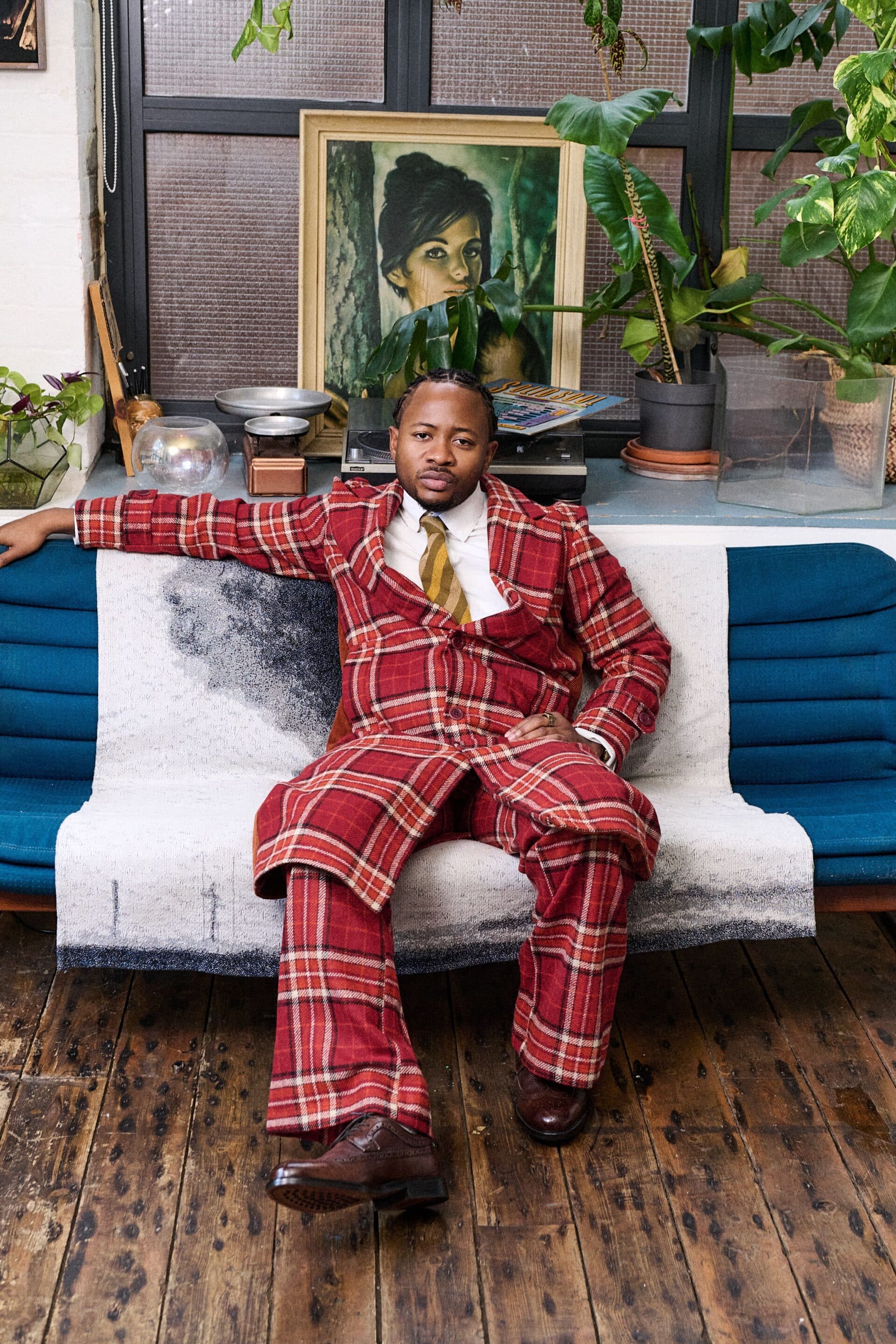
You teased this world with “You And Me,” “Healer,” and “Baby Blue Jeans.” What did those songs teach you about your audience—and how did that feedback shape the final chapter we hear now?
They taught me my audience values honesty and emotional storytelling. There’s a relatability in all the emotions in these songs, and feedback showed me people really connect when I open up. That gave me confidence to make The Wait as vulnerable as it is — no hiding, just truth.
Your palette moves between afrobeats, R&B, soul, dancehall, and pop without feeling genre-hoppy. What’s the through-line—melodically or rhythmically—that makes a track unmistakably PapaRaZzle?
The through-line is my stories, melody and emotion. Whatever I’m working with — afro, R&B, or soul — the gerne is just the channel through which the story is delivered and That storytelling thread is unmistakably mine.
Vulnerability is front and center here. What did you protect during the writing—boundaries, rituals, people—so the intimacy stayed real but your private life stayed yours?
I protect my circle and my process. I write in solitude, and I share selectively. That way, the music can be raw without exposing everything. The songs are emotional truths, but the details stay mine.
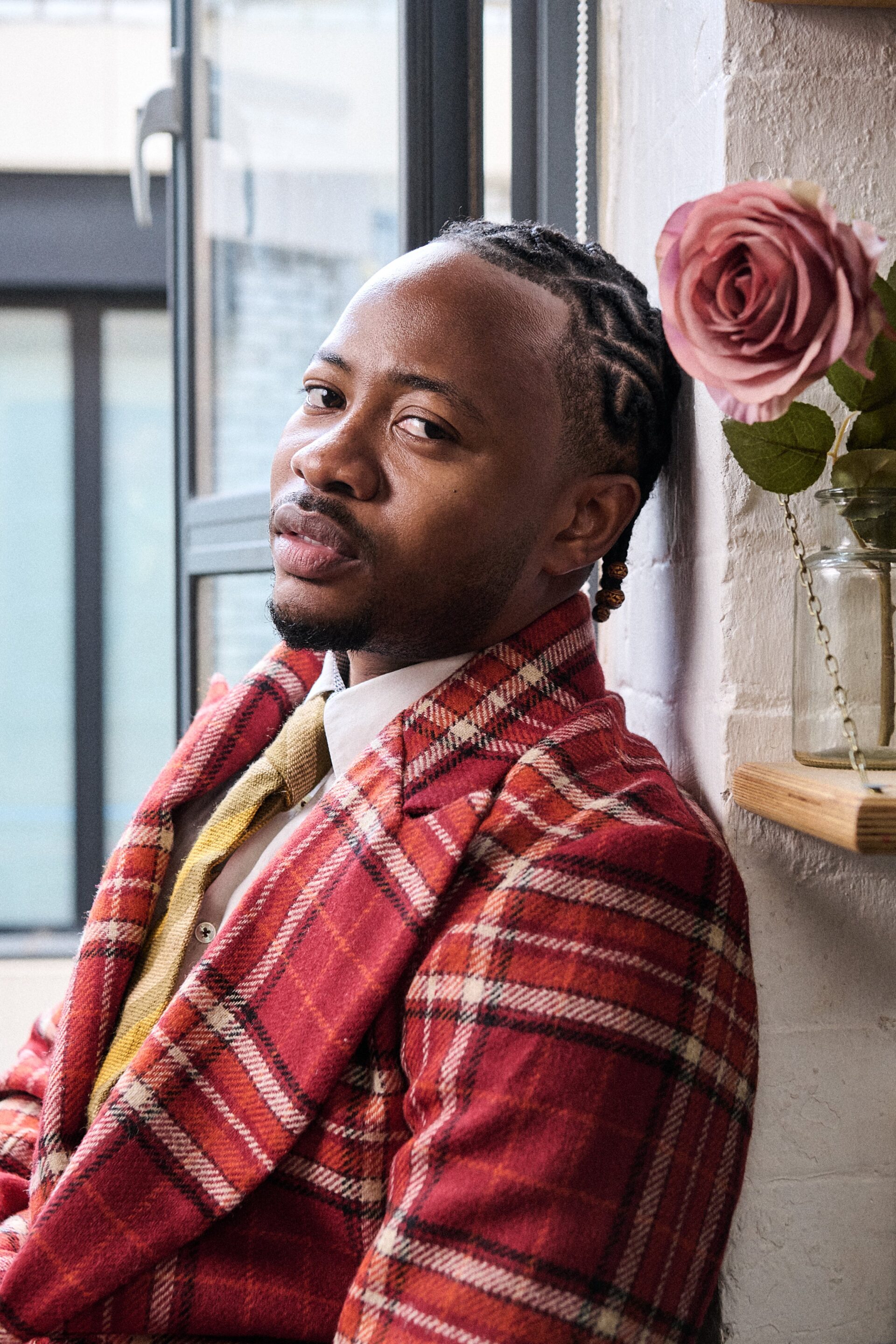
You’re often compared to Wizkid, Burna, Rema, Fireboy—big shoes. What’s one craft decision on “The Wait” (topline phrasing, harmony stacks, drum programming) where you feel your signature cuts through the noise?
The comparison is more gerne based, in every song, I’m sharing a part of me, telling my story, and sharing thoughts and emotions.
The album title asks a question. Where do you land today—are soulmates belief, practice, or proof? And how should listeners use this record if their answer changes over time?
For me, soulmates are all three — belief, practice, and proof. Sometimes it’s destiny, sometimes it’s choice, sometimes it’s the evidence of a connection that endures. I think listeners should let the album be a mirror. Wherever you are in your belief, the songs will meet you there.
Visually, what world are you building around “The Wait” and the album—color story, styling, movement—and how do those choices translate on stage when the groove slows and the room leans in?
The world is nostalgic, romantic, and cinematic. Colors like deep blues, deep red, and sunset tones. Styling with leather, silk, and timeless fits. On stage, I want the intimacy to carry — minimal movement, strong lighting, and space for the room to feel the silence between the notes.

